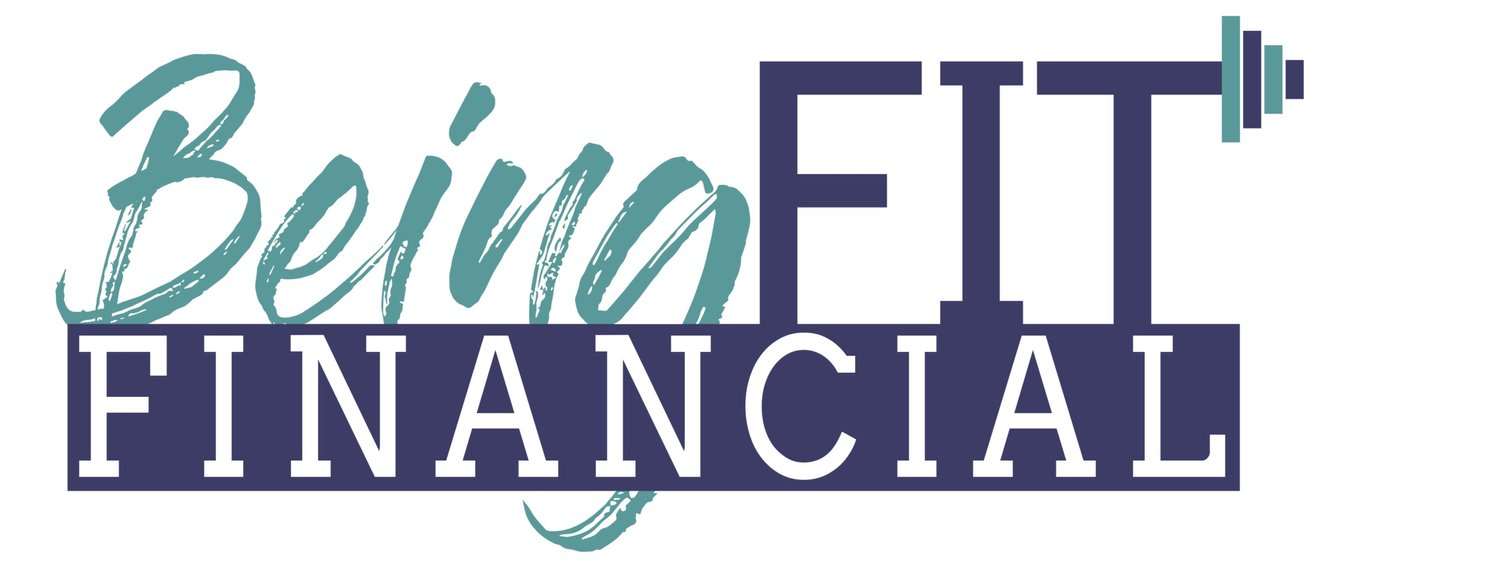Kids and Money Discussions
Unfortunately, there’s no class in school that teaches children about healthy saving, spending, and budgeting habits, so it’s up to us to teach our kids these essential skills that will help them develop into successful adults. However, it’s not always clear or easy to determine when it’s time to talk to our kids about money.
In this article from PBS SoCal, child psychologist Dr. Deborah Pontillo explains when and how to teach kids about saving, spending, and budgeting. According to Pontillo, teaching your kids about money can begin at a very early age. Even young children can play with a toy cash register to learn about counting and simple math skills. For example, give them a finite number of items (like pennies or marbles) they can use to “purchase” a few things from a selection. This act teaches them about quantitative limitations, which will help with future money lessons.
In elementary school, parents can introduce other concepts like earning money. For example, create a set allowance to mimic a paycheck or ask them to do simple chores around the house in exchange for small amounts of money (the debate between these two approaches is a deeper topic of conversation for another day). They can then use that money to purchase things they want or need or save up for something more significant. This type of exercise teaches them the value of a dollar and the idea of spending versus earning.
You can also start to talk to your child about the family budget at this stage. Get them involved by discussing where the family allocates its financial resources in the form of a budget, and have them participate in the process of budgeting and spending disposable income. Be careful at this point to avoid passing along any financial worries to your children. Keep lessons light and general, especially if you are working through economic issues.
Once a child reaches middle school, consider opening a bank account in their name. Teach them how the bank uses their money and pays them a little interest in return. They can then contribute to their account to purchase larger items and teach them about savings goals.
By high school, you can sit down with your child to work on more complicated financial concepts, like developing a weekly or monthly budget or introducing larger savings goals, such as college tuition. The earlier we start talking to our kids about money, the earlier they can develop the critical skills necessary to succeed later in life.
